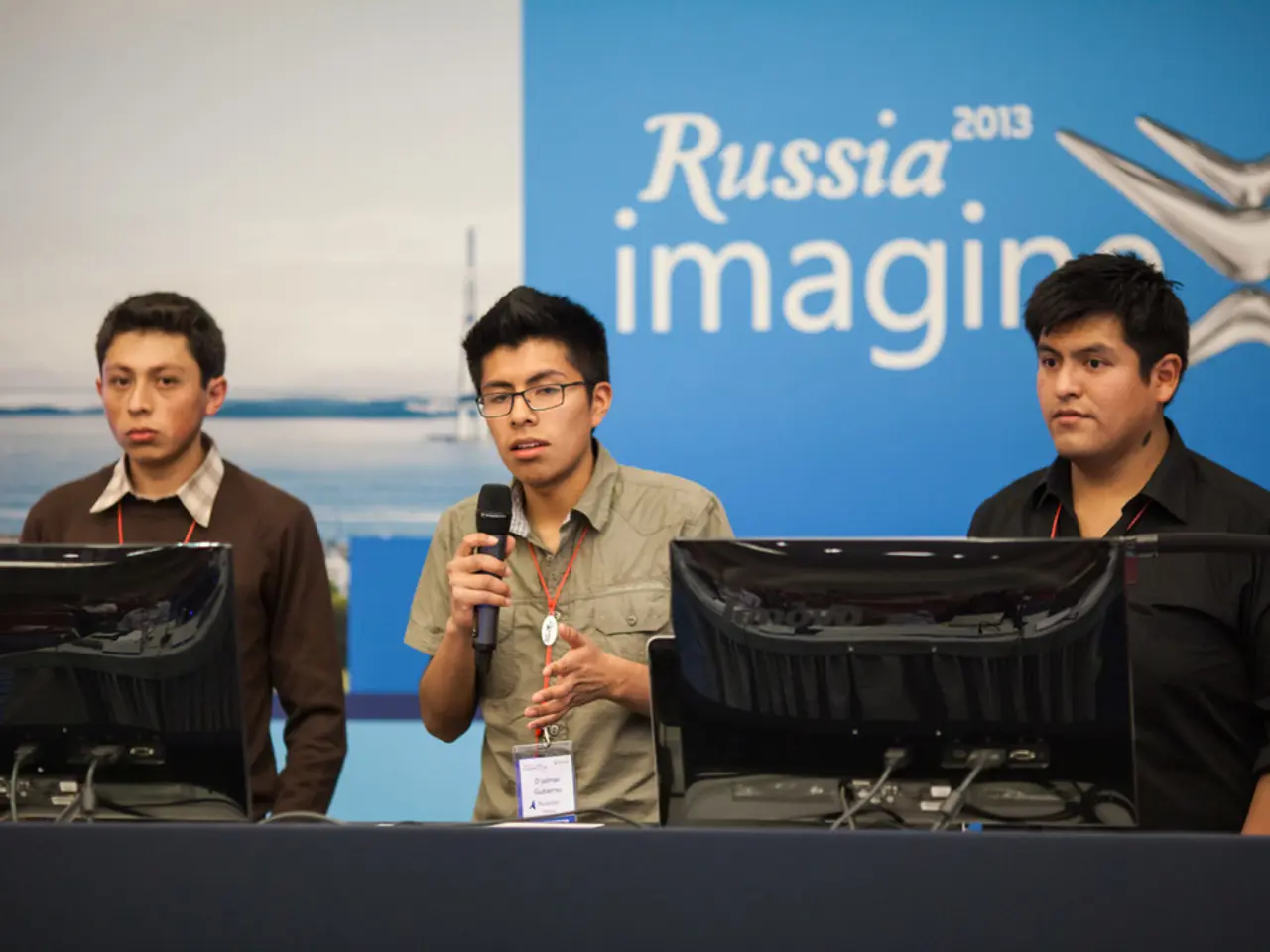Time's up for the US's demand to Russia. What are the next moves?
The United States is considering imposing secondary sanctions on countries buying Russian oil, gas, and other exports, a move that could significantly impact global energy markets and strain relations with major importers dependent on Russian supplies.
These secondary sanctions, if implemented, would primarily affect China and India, the main buyers of Russian hydrocarbons. The proposed secondary tariffs could be as high as 100%, forcing these countries to make tough choices. If they choose to avoid the tariffs, they would have to end imports of Russian energy, leading to a sharp decrease in Russian export revenues and potentially accelerating the decline in Russia’s ability to finance its war efforts in Ukraine.
However, this decision could lead to global energy market turmoil. The sudden loss of about 5 million barrels per day could tighten supply, leading to higher energy prices worldwide as alternative supplies are limited and difficult to scale quickly. Moreover, increased incentives for clandestine trade might complicate enforcement and potentially undermine sanctions’ effectiveness.
Countries like India and China face economic and energy security challenges, as secondary sanctions threaten their firms’ access to U.S. financial markets and global trade networks. This pressure could exacerbate geopolitical friction, especially between the U.S. and major Russian trading partners reluctant to reduce imports due to their own economic and energy needs.
In the face of Trump's trade harassment and threats of secondary tariffs, Indian Prime Minister Narendra Modi has turned defiant. On the other hand, China considers the U.S. its main geopolitical antagonist and has partnered with Russia to present an increasingly coordinated front.
The imposition of secondary sanctions is not a new tactic for the Trump administration. Donald Trump has a complicated relationship with deadlines, frequently setting them in various contexts such as tariff bargaining, TikTok's survival, Iran's nuclear program, and Putin's willingness to agree to a ceasefire in Ukraine. However, his approach has inspired the stock market meme "Trump Always Chickens Out."
In contrast, U.S. Secretary of State Marco Rubio stated that pointing a military rifle at Putin and risking war between the U.S. and Russia is "not even a fathomable thing." This sentiment echoes the words of former U.S. Secretary of State George Schultz, who used an anecdote from his U.S. Marine Corps boot camp to emphasize the importance of caution in what leaders say. Schultz warned that a drawn red line or ultimatum can be seen as pointing the world's largest rifle.
Andreas Kluth, a Bloomberg Opinion columnist covering US diplomacy, national security, and geopolitics, underscores the complexity of this situation. While secondary sanctions could deepen Russia's economic isolation and constrain its war financing, they risk significant disruption to global energy markets and strain relations with large importers dependent on Russian supplies.
In conclusion, the decision to impose secondary sanctions on Russia is a delicate balancing act. While it could potentially weaken Russia's war efforts, it also carries the risk of disrupting global energy markets and straining relations with major importers. As the world watches this unfold, the stakes are high, and the potential consequences far-reaching.
[1] "Secondary Sanctions on Russia: A Double-Edged Sword," Council on Foreign Relations, 15 June 2021, https://www.cfr.org/blog/secondary-sanctions-russia-double-edged-sword [2] "The Risks of Secondary Sanctions on Russia," Atlantic Council, 2 June 2021, https://www.atlanticcouncil.org/blogs/new-atlanticist/the-risks-of-secondary-sanctions-on-russia/ [3] "The Impact of Secondary Sanctions on Russia," Brookings Institution, 10 June 2021, https://www.brookings.edu/research/the-impact-of-secondary-sanctions-on-russia/ [4] "Secondary Sanctions on Russia: A Primer," Congressional Research Service, 22 June 2021, https://crsreports.congress.gov/product/pdf/R/R46132
- The debate surrounding the imposition of secondary sanctions on Russia by the United States is a significant topic in the realm of policy-and-legislation and general-news, particularly in relation to global energy markets and international relations.
- The proposed secondary sanctions, if implemented, could instigate complex politics among major importers of Russian hydrocarbons like China and India, potentially leading to economic and energy security challenges for these countries.








